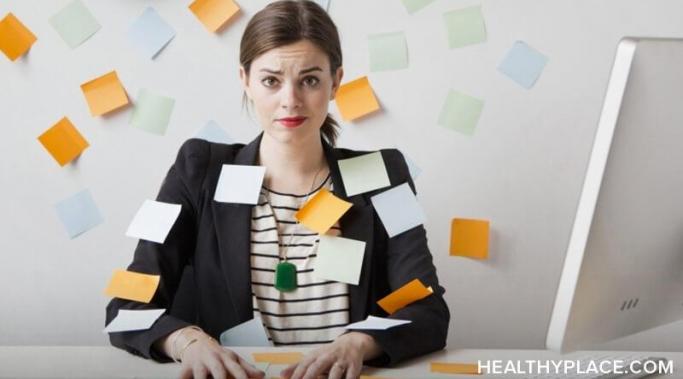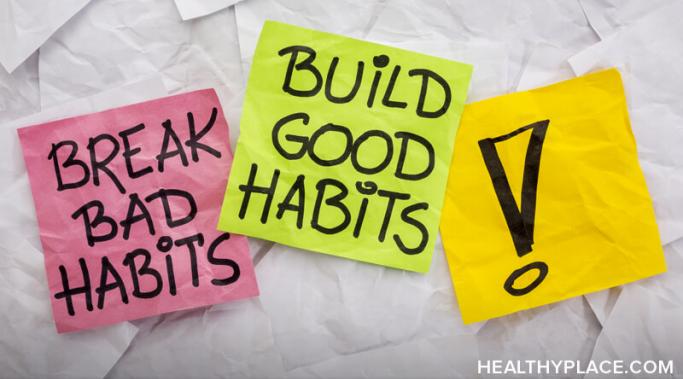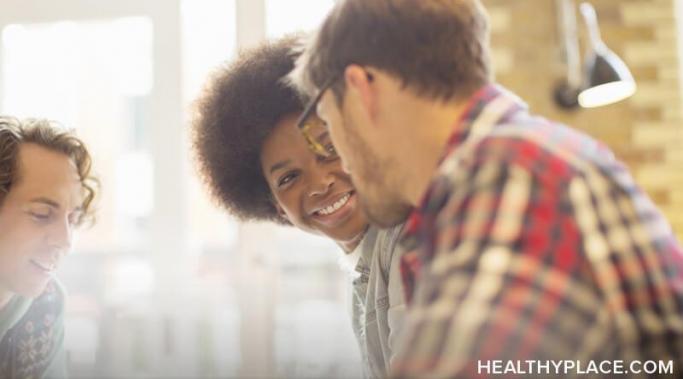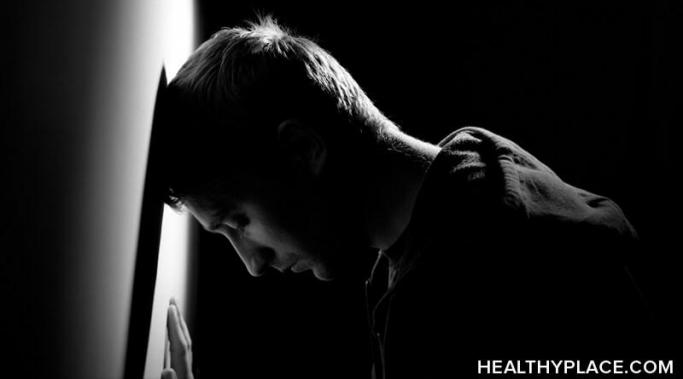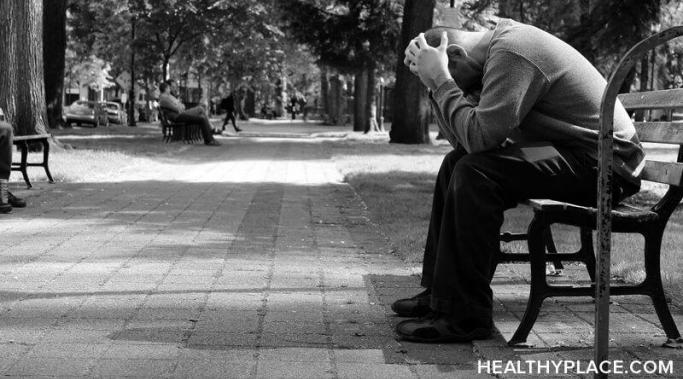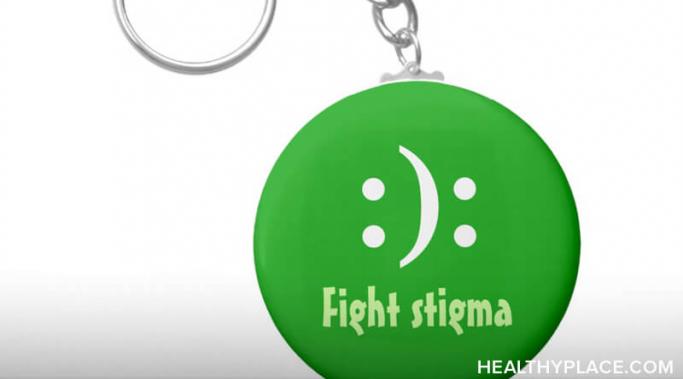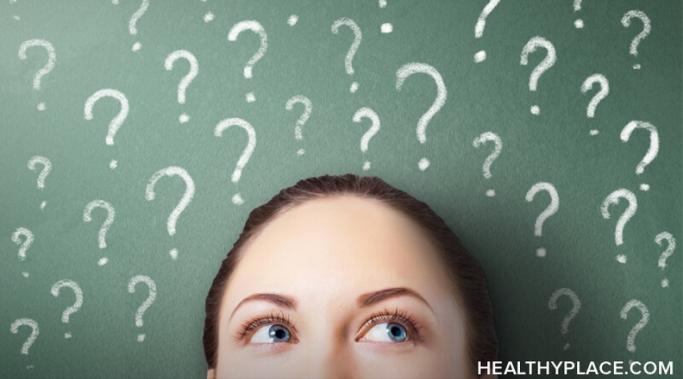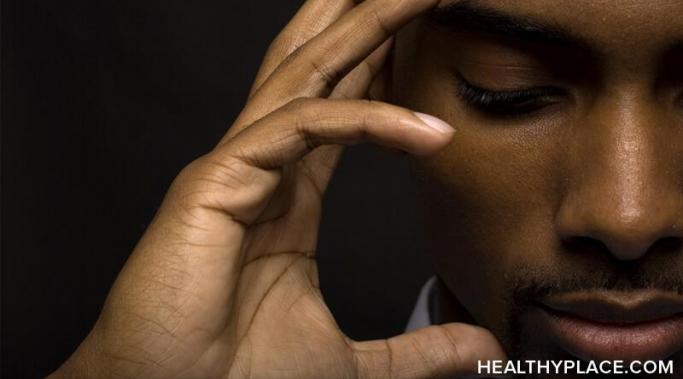Blogs
Like everyone else with depression, I did not choose it. While I know it is not my fault, it is frustrating when it prevents me from living life. It is only recently that I have learned to use depression to make better choices. And this has helped me personally and professionally. Here's how.
I recently had a conversation with someone about strategies to break bad habits, and I was reminded of my binge eating disorder (BED) recovery. By nature, whenever I set a new goal to break or create a habit, I want change to happen immediately. I try to go cold turkey and quit the bad habit overnight. Or, I change many habits all at once instead of making small changes over time. Those of us who have experience with binge eating disorders know that using willpower alone doesn't work when we are trying to stop binge eating. Most of the time, trying to restrain yourself and not binge eat makes the urge to binge more powerful. If using the cold turkey method doesn't work to recover from binge eating disorders, then what will help?
Talking openly about anxiety, or any mental illness, is a relatively new concept. For many, it can be a terrifying notion. It wasn't that long ago that psychiatric illnesses were not only a blight on the individual but on the whole family, as well. This is finally changing.
There are many reasons people have low self-esteem, some of which include hard times involving rejection, disappointments, loneliness, and unemployment. While it is normal to have negative thoughts, ruminating on them is not helpful. Instead, advocating for your mental health will help you find acceptance and self-love. Here are five strategies to implement when you are dealing with low self-esteem during difficult times.
When "After Life" first hit Netflix in 2019, I was immediately in love with a show that deals with mental health, and raving about it. Now, three years later, after watching the final season, I’m raving about it all the more. Back then, I wrote about how impressed I was with how the show handles topics like grief and mental health struggles. Now, wiping away my tears thanks to the final episode, I’m here to say we need more shows like "After Life."
It's hard to know when to ask for help—and, for many, the asking is hard, too. But for an issue as serious as self-harm, getting self-help can be a key stepping stone on the path to self-injury recovery.
Toxic positivity seems to be popping up everywhere on social media. Scrolling through Instagram, I see at least two or three posts a day promoting a view on positivity that may actually be counterintuitive to true happiness. People may ask, "What's the big deal with toxic positivity?" The answer is, in my experience, toxic positivity can do more harm than good in promoting mental health wellness.
As the youngest in a slightly dysfunctional family full of addiction and mental illness, it was no surprise that I would eventually find myself battling those same demons. I grew up surrounded by booze, drugs, and chaos with very little conversation on the seriousness of alcohol abuse and addiction.
Once you suffer from verbal abuse, it can be hard to see a life without it. I have often found myself over-analyzing responses from people trying to decipher if they are genuine or have an underlying harmful intent. It can be challenging to look past the hostile environment that one is accustomed to and see that there are positive people in the world who do not cause harm.
I have a slight tear in the meniscus of my left knee, and the whole situation stinks. For weeks, I could barely walk. My knee is getting better now, thanks to physical therapy. Not only is the physical therapy making my knee better--and hence making my schizoaffective disorder better--but the fact that I have to drive somewhere in the snow and ice of a Chicago winter twice a week is chipping away at my fear of driving.
